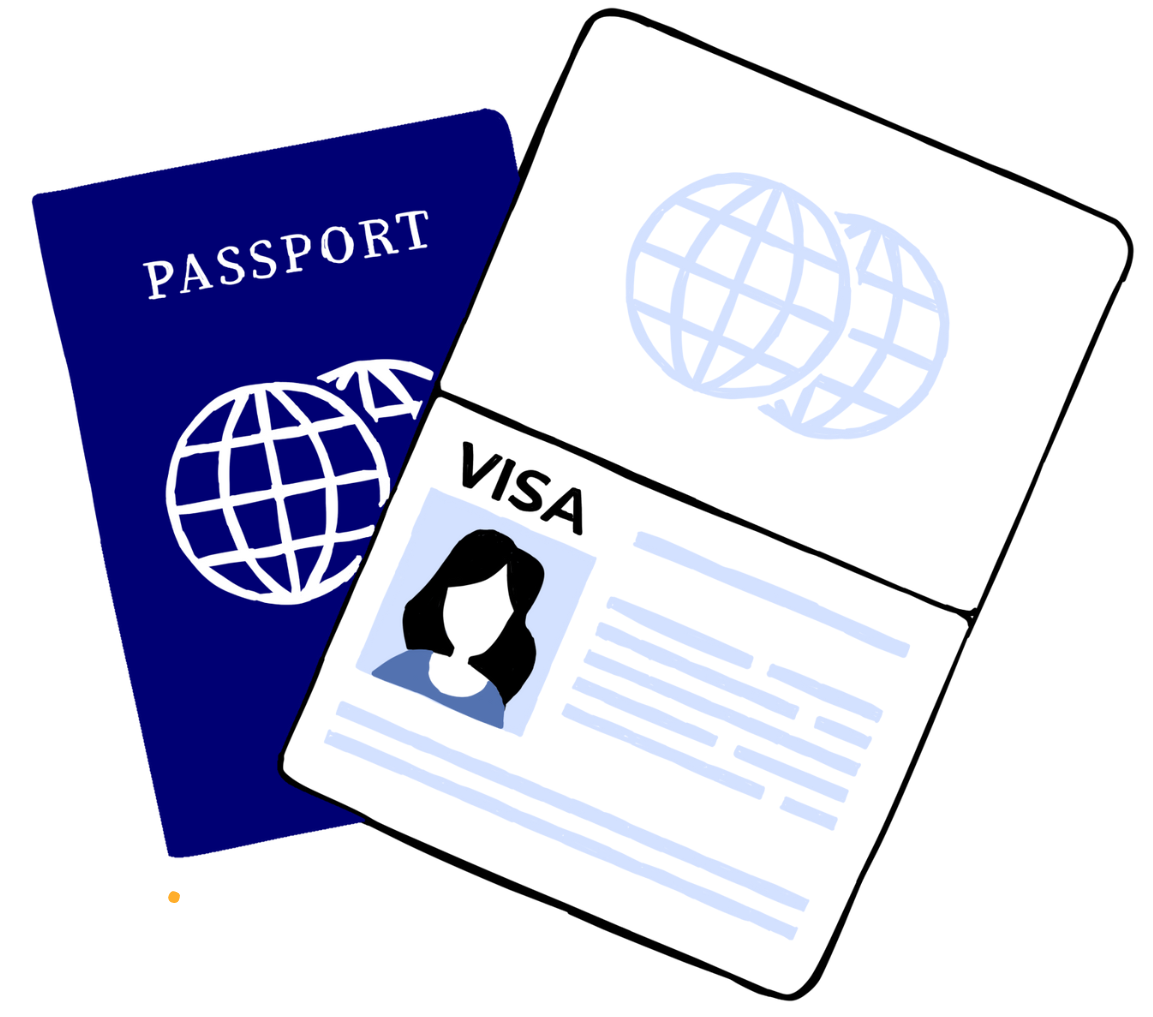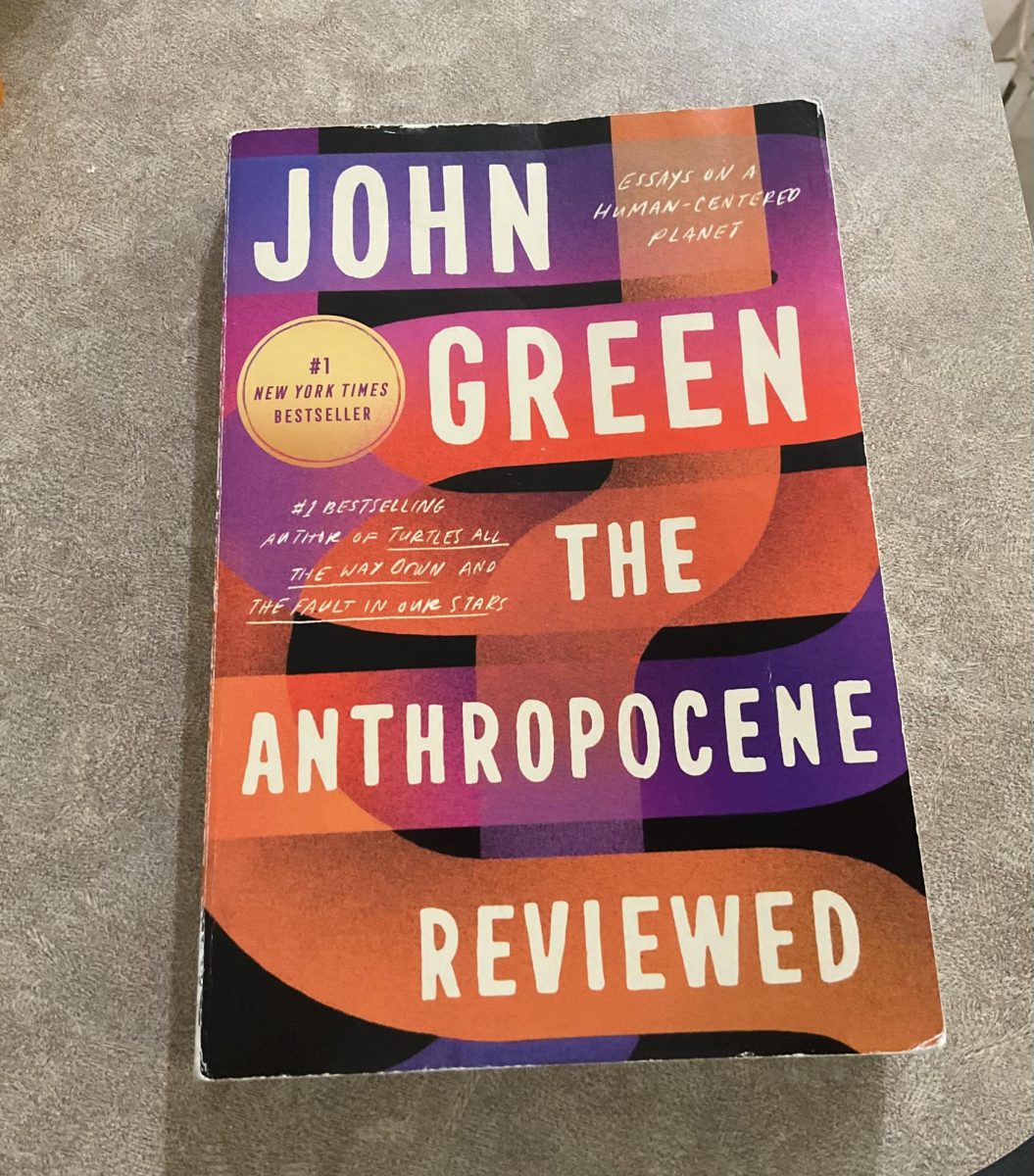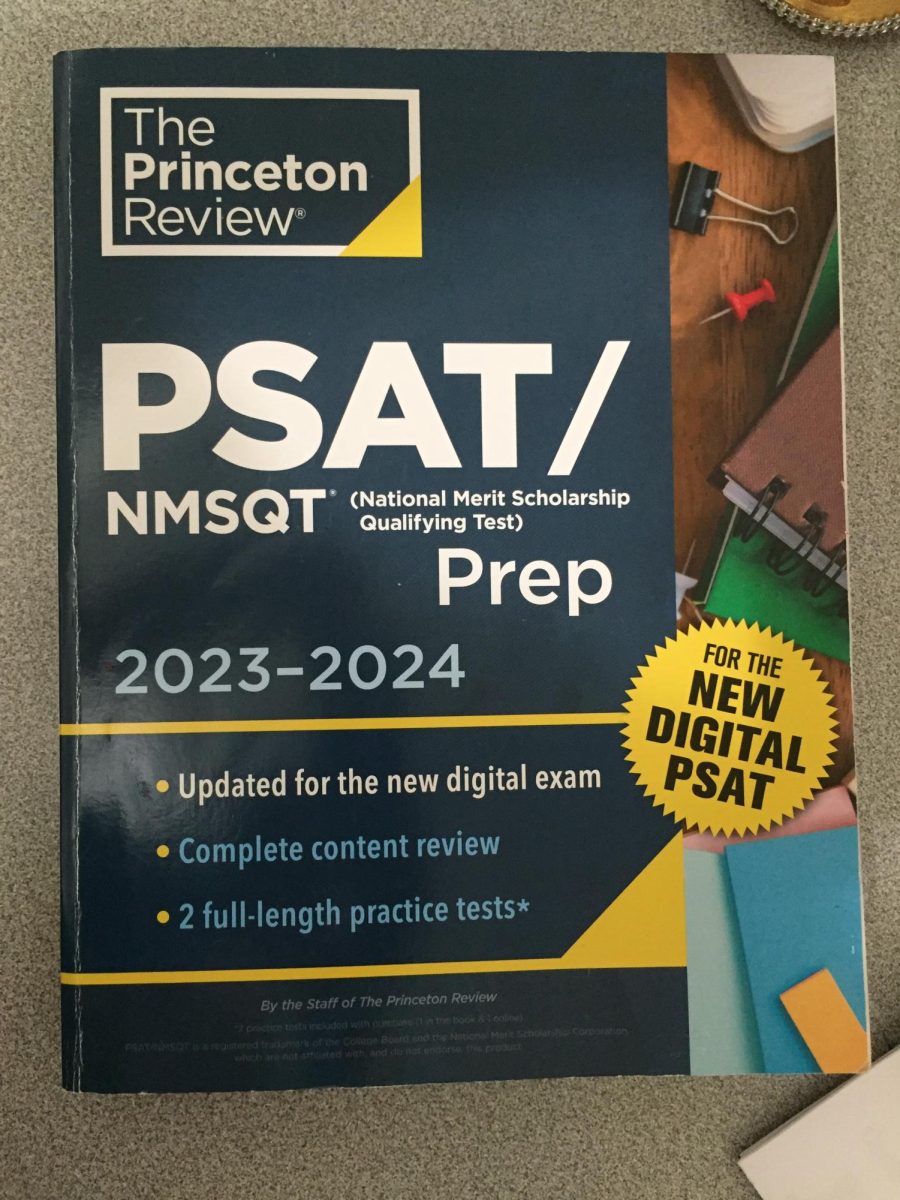As we stand in the aftermath of the presidential election, many key policies still divide those living in the US. One of these is immigration. Yet, 1 in 10 eligible voters are naturalized US citizens. Immigrants have a bad reputation in the US; they are often attributed to hurting the economy and taking people’s jobs. Our country is so polarized, and immigration is a prominent wedge issue that divides many of us on ideological lines. However, with the election approaching and people scrambling to make decisions on who to vote for, remember this: over 77% of immigrants in the US came here legally, and my family is one of them.
So after living in the US for over 10 years, in 2020, while people were working and learning from home, my parents were studying. Over dinner I would hold the little booklet in my hand, mocking them for every incorrect answer.
But for my parents, foreigners who had not been raised learning American history, memorizing these answers was challenging.
The US naturalization test—the test for permanent residents who have lived in the US for 10 or more years to become citizens—was a huge deal in my household. The test is composed of two parts: a basic English exam and a civics test. The English exam is composed of reading one sentence in English, then writing one and speaking one. The speaking is judged by a United States Citizenship and Immigration Services (USCIS) officer. The civics exam is an oral test where an officer will ask the applicant 10 out of 100 possible questions pertaining to US history and government; this was the simple exam my parents were stressing over.
My family moved to the US—specifically Cincinnati, Ohio—almost 14 years ago for my mother’s job at Procter & Gamble. My parents, my little brother, and I left our friends and family in Buenos Aires, Argentina. My father spoke fluent English, as he grew up in South Africa, and my mother spoke well, although not yet fully fluent in English. I did not speak any English, but I was sent to daycare while both my parents were at work, and I began to learn.
I was young when we moved here, almost four years old, so I adjusted quickly., So did the rest of my family. Two years after we moved here, my other younger brother was born in the US as an American citizen, and two years after him, my little sister was born. Our life was now permanently American, with two out of my six family members being citizens.
While we were originally only supposed to be in the US for three years, my little brother was diagnosed with a severe disability, and Cincinnati Children’s Hospital was the best place for my family to be. My mother requested to stay in the US for her job, and we moved here permanently.
After living as residents for 10 years, my parents began the process of making themselves, myself, and my brother citizens. Although the process was lengthy, being fluent in English made the process go smoothly. Once both of my parents passed the test, my brother and I also received citizenship without having to take a test, since we were minors. All we had to do was swear the Oath of Allegiance in a government building in downtown Cincinnati.
In 2020, my parents could vote in their first election—a major presidential election. And now, in 2024, they will again vote for the president. Most US-born citizens take this privilege for granted, but for my family, it is a huge deal. Taking part in the American government, in the country I have grown up in for the majority of my life, is a special honor. On election day, while I was not able to vote, I worked the polls as a Youth at the Booth (YATB) member, an event many people received by just living here, but I had to earn.







![Mock Trial members from Gold and Green team last year pose for a picture in front of the OCLRE building in Columbus. "We all put in so much work [last] year. I know [this] year we’ll come back improved and ready to win!” said Ogunbodede.](https://shsleaf.org/wp-content/uploads/2025/10/IMG_4121-1200x822.jpg)
